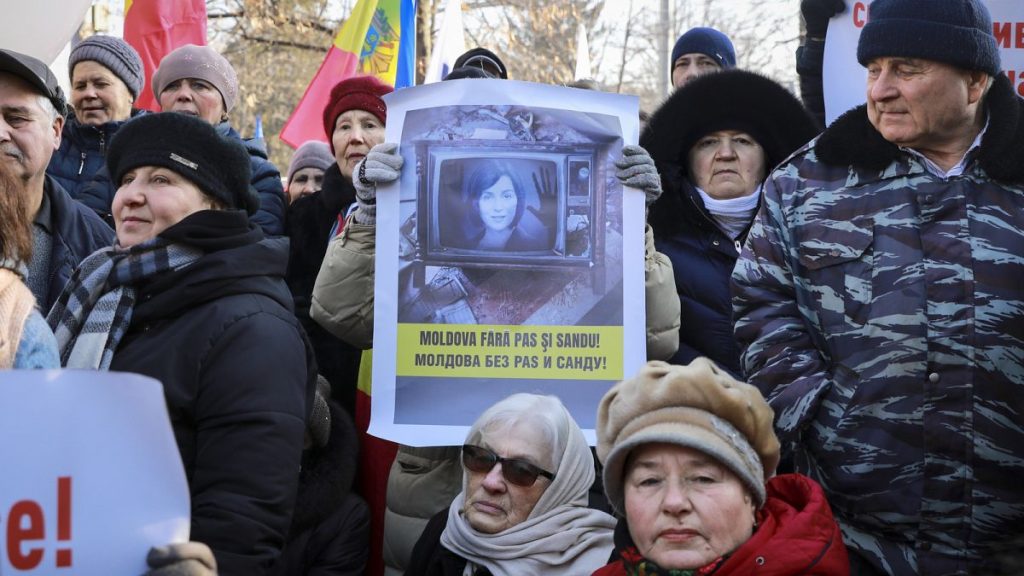European officials are concerned about disinformation campaigns and vote-buying schemes that could undermine the integrity of Moldova’s upcoming elections on 20 October. The elections are considered crucial for the future of the country, with a presidential election and a referendum on Moldova’s EU membership bid taking place simultaneously. Pro-European incumbent Maia Sandu is seeking re-election, while the referendum could enshrine the country’s path into the EU if approved. However, Moldova has become a battleground for an information war between EU membership and closer alignment with Russia, with fears that Kremlin-backed efforts could influence the vote.
Russia has been accused of trying to subvert the electoral processes in Moldova, with reports of Russian funds being used to buy anti-EU votes and influence the outcome of the elections. Pro-Russian oligarch Ilan Shor has also been offering money for votes against EU integration. The EU estimates that Russia has spent around €100 million to undermine the electoral process through disinformation campaigns and voter suppression tactics. While polls suggest that around 60% of Moldovans support EU membership, reaching the required turnout threshold of 33% for the referendum to be valid remains a challenge, with Russian-backed campaigns focused on demobilizing voters.
Moldova’s geopolitical landscape has shifted following the war in Ukraine, with parties previously aligned with Russia now distancing themselves from the Kremlin. The EU now sees Moldova’s accession to the EU as a geopolitical imperative, despite challenges posed by Russia’s influence in regions like Transnistria. The EU has decided to overlook these obstacles to support Moldova’s path towards EU membership. The Kremlin has also increased efforts to destabilize Moldova through areas like Gagauzia, but MEP Siegfried Mureșan believes that these regions will not obstruct Moldova’s integration into the EU.
The EU has proposed a significant financing package of €1.8 billion to support Moldova’s path towards EU membership, with funds conditional on implementing key reforms. However, Russia continues to employ hybrid warfare techniques to destabilize Moldova, particularly targeting its information war at Moldovan citizens to sow distrust in the EU and delegitimize President Sandu. Russian efforts include spreading false claims and disinformation to influence public opinion and potentially interfere with the election process. The Kremlin’s activities are concentrated around key electoral events, posing a significant threat to the integrity of Moldova’s elections.
President Maia Sandu, who has made EU integration a central part of her mandate, remains the frontrunner in the polls but could face challenges in a potential second round of voting. Sandu’s pro-EU stance has faced opposition from Kremlin-backed groups, with attempts to undermine Moldova’s European integration efforts. Despite ongoing threats from Russia, Moldova’s commitment to European integration remains strong, with the EU providing support and financial assistance to help the country overcome challenges and move closer towards EU membership. Ultimately, the outcome of Moldova’s elections will have significant implications for the country’s future direction and relationship with the EU and Russia.


